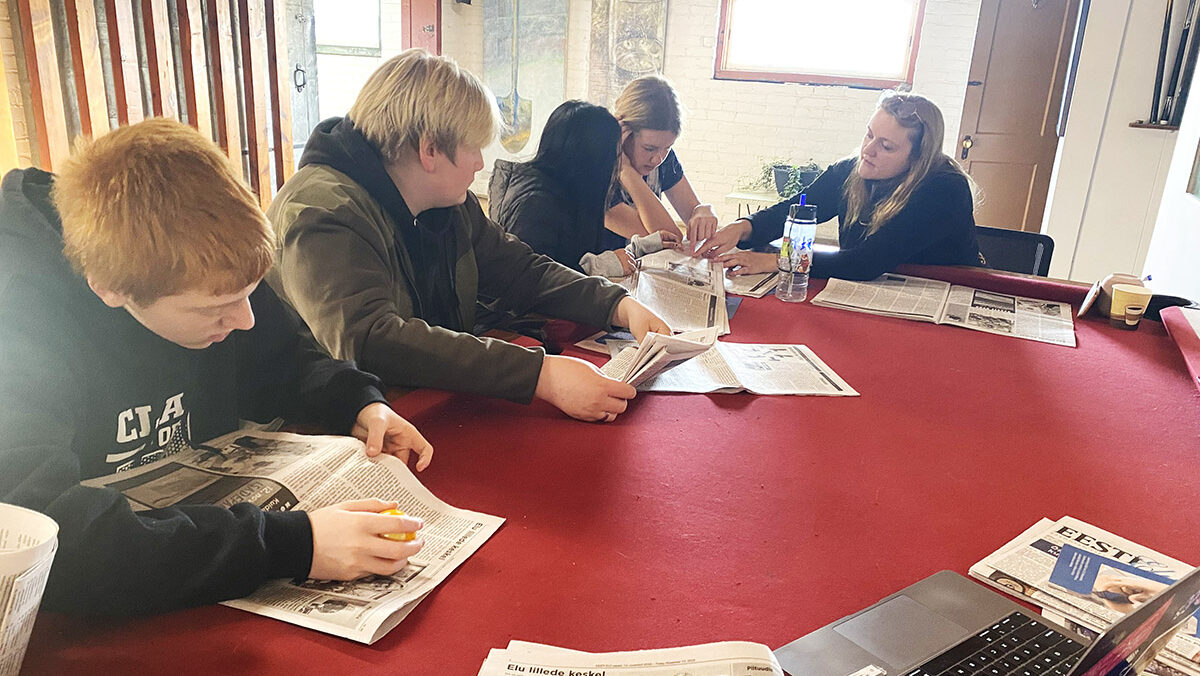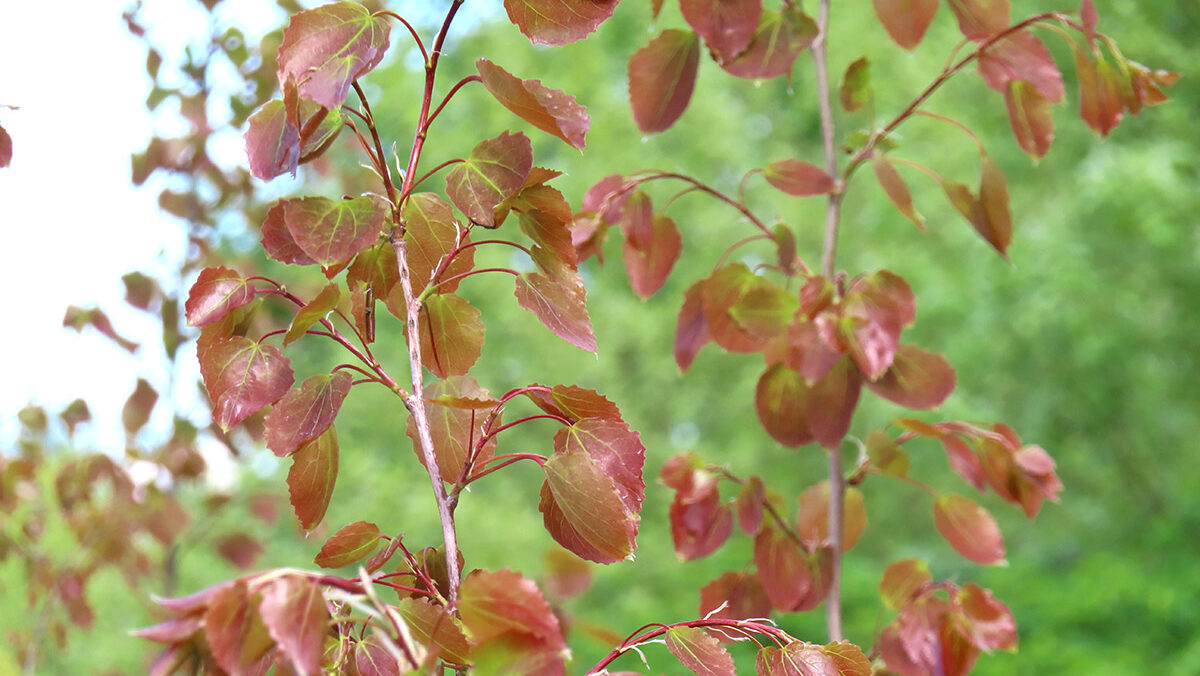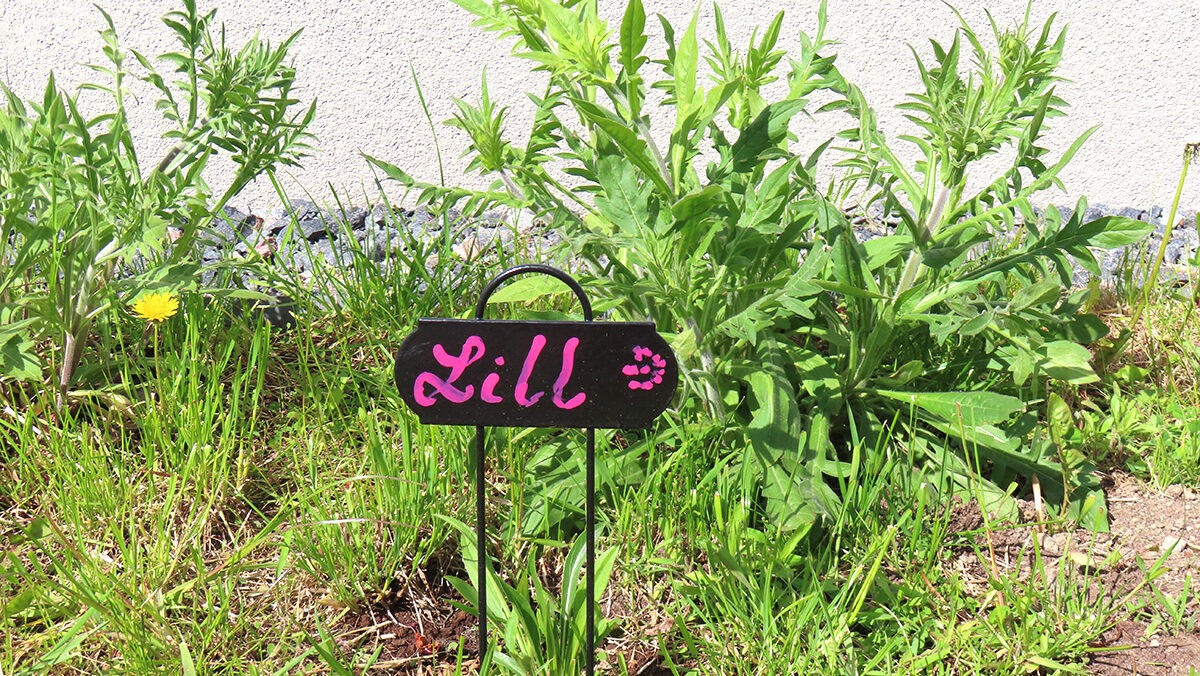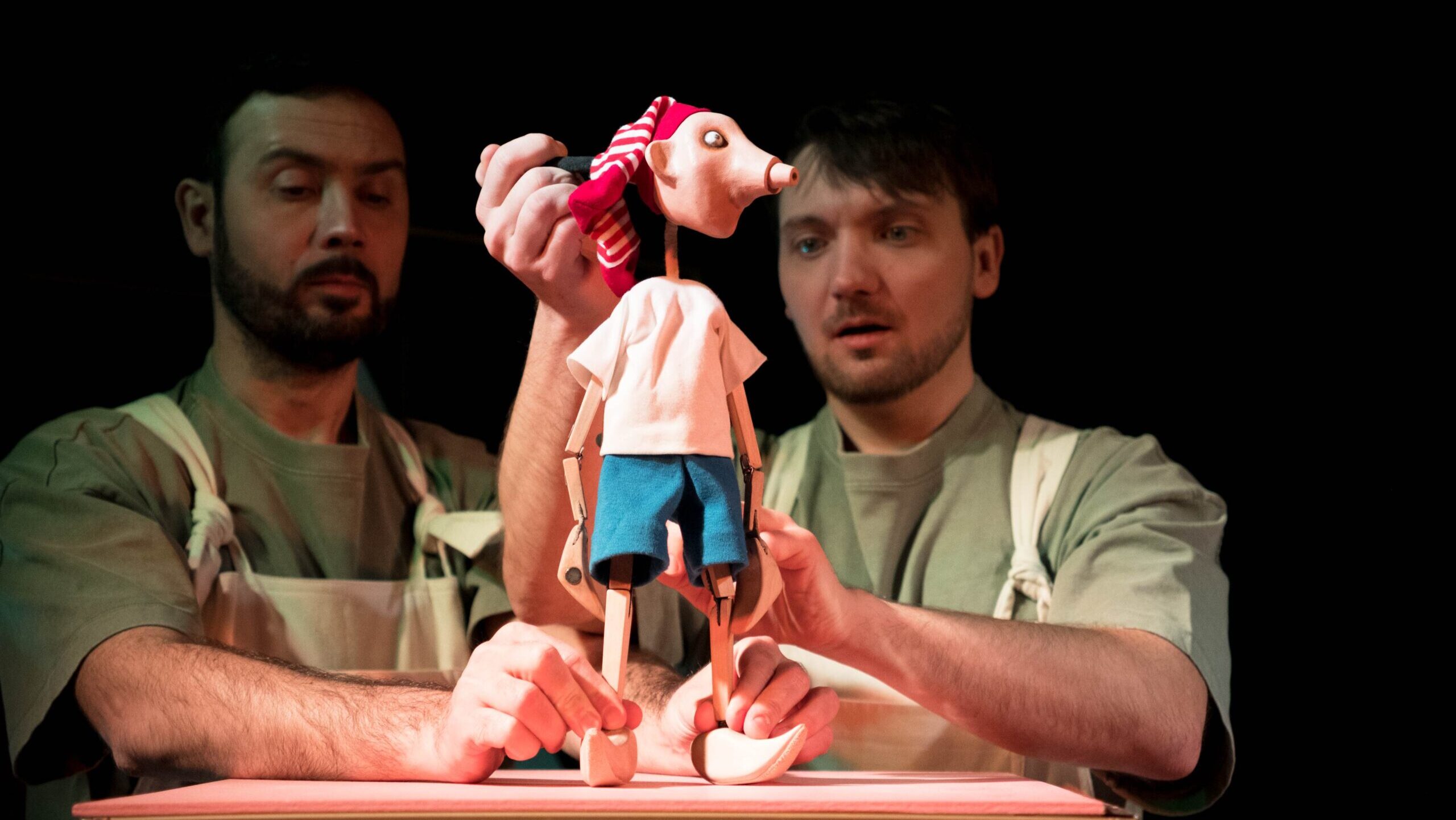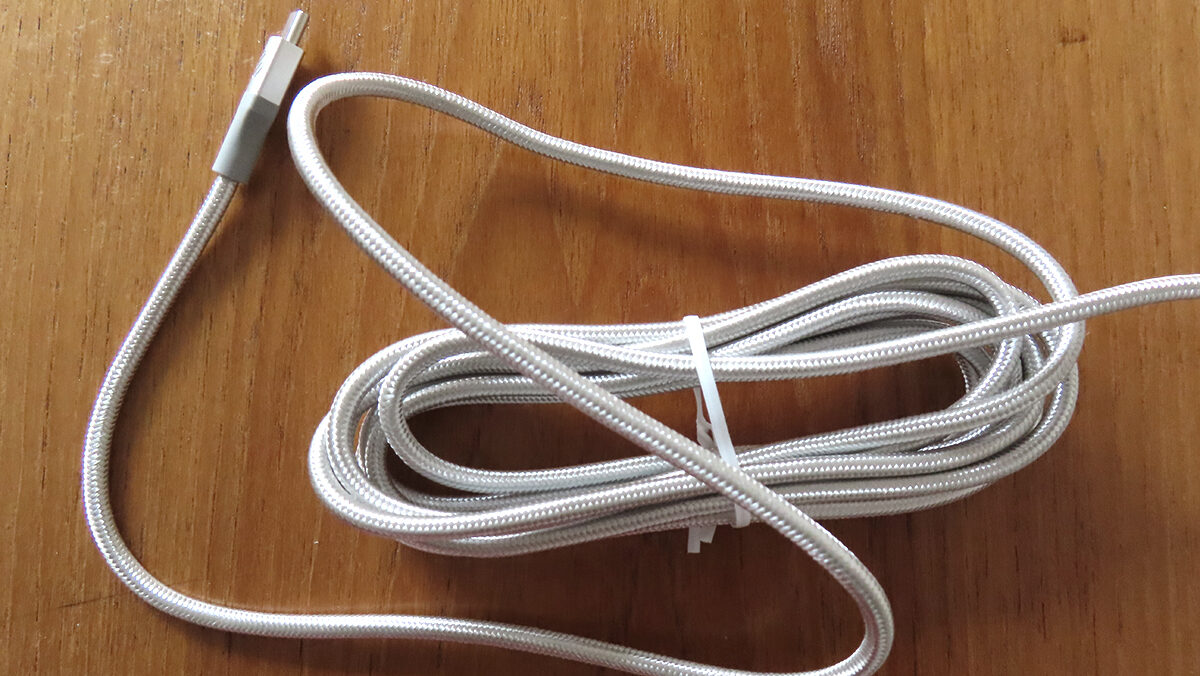Over the span of five lessons, students explored a range of exciting topics and skill sets, from honing their writing skills to developing their digital media literacy. Unit One served as an introductory class, introducing students to journalism and how to identify newsworthy events. Unit Two, which reviewed source types and research skills, emphasized the importance of critical thinking when encountering information online. The following lesson developed the students’ interviewing skills, exploring how to ask effective questions and integrate responses into their articles. Unit Four on story structure served as a culmination of these lessons, demonstrating how to piece the various components of an article together. After students wrote preliminary drafts of their articles, the class gathered for the workshop’s final lesson on news and social media. Here, students learned the impact of digitization on journalism, how social media has shaped media consumption, and how best to leverage these changes to promote their stories online.
As a culmination of these lessons, students were assigned to write a short article on a topic related to the Estonian community and draft a promotional Instagram post to showcase their pieces.
Find the first half of the class’s work below, and keep your eyes peeled for the remaining articles to be published soon!
“Seedrioru Laulupäev is just around the corner!” by Oliver Teene
Ever since 1956, we have had Laulupäevs at Seedrioru before the big ones in Estonia. They have always been a fun way to connect to the Estonian community. There are 45 singers confirmed from Tallinn, 41 from Tartu, 15 from the USA, 24 from the Toronto Men's Choir, 50 from Toronto Choir Estonia, 42 from Toronto Ööbik Choir, 25 from the Hamilton Estonian Mixed Choir, 30 from Hamilton Estonian School, 30 from Toronto Estonian School, and 20 from Jõekãäru camp, so it will be the biggest Laulupäev yet. The ticket price is $60 but people 16 and under have free admission.
On the day of the performance, lunch is included in the ticket price, Additional meals can be purchased from the kitchen. You can also bring your own food.
Singing is an easy way to learn the Estonian language, so learning songs together with so many others not only helps us all to learn traditional Estonian songs but preserves Estonian traditions, language, and culture outside of Estonia.
The tradition of song festivals has been happening in Estonia since 1869. When Estonians who escaped to Ontario could not attend them in Tallinn because of the occupation, they started having song festivals at Seedrioru. The first one was in 1956. Singing is an easy way to learn the Estonian language, so learning songs together with so many others not only helps us all to learn traditional Estonian songs but preserves Estonian traditions, language, and culture outside of Estonia.
On Saturday and Sunday (June 29th and 30th) there will be an auction for Estonian art. It will go up in five dollar increments. It will be run by Karen Must. There will be an Estonian store called the Esto Boutique on Saturday the 29th, from 11:00 to 2:00 PM with stuff from Estonia. On Saturday at 2:00 PM, there will be a lottery where one ticket will cost $2 and six tickets will cost $10. It has great prizes so you won't want to miss this. All money from these lotteries goes to Seedrioru Estonian Summer Camp. Note that the boutique and lottery will be cash only events.
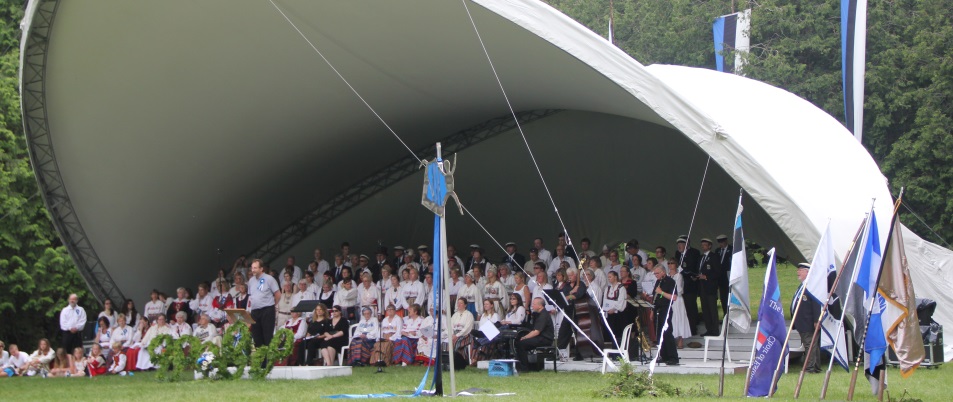
I would recommend bringing your children because it’s good for them to see others their age singing. Children don’t have to pay to take part, so even if they don't want to listen to the Laulupäev, they can run around and have fun with others. There are a lot of things to do at Seedrioru when nothing is going on, like swimming, tubing on the Grand River, hiking, exploring the forest, or playing volleyball. You can also explore Elora and Saint Jacobs. Seedrioru Summer Camp is also good because it helps kids meet other Estonians and gets them used to being away from parents, as it’s an overnight camp.
“Elu Laagris” by Sara Pungar
Eesti kogukonnas on mul alati midagi, mida oodata. Olgu see sõprade kohtumine, keele rääkimine või lõbusates tegevustes osalemine. Eesti kogukonnas on tulemas palju üritusi, millest tahaksin osa võtta. Näiteks suvelaagrid ja eesti kool. Kõiki neid aegu ootan alati elevusega ja kindlasti on mul alati lõbus.
Kuid tõeliselt lõbusaks teeb selle sõpradega aja veetmine ja uute asjade õppimine. Üks mu kõige suurem lemmiktegevus oli metsamängud suvelaagris. See oli minu sõbraga, kui võistlesime teiste gruppidega.
Lugu algas siis, kui meid pandi kõik ühte gruppi. Mängu eesmärk oli leida üles metsa ümber peidetud objektid ja saada kõige rohkem punkte ja esemeid. See oli lõbus aeg minule ja mu sõpradele, selle pärast saime läbi ilusa metsa ja looduse ringi seigelda ja samal ajal juttu ajada ka. Nägime palju erinevaid asju, mida aknast välja vaadates ei saa tavaliselt väljas näha, nagu konnad ja konnakullesed. Samuti oli hea aeg väljas olla selge taeva ja sooja ilmaga värske õhuga.
Põnev oli ka trivia-mängudes õppida huvitavaid fakte Eesti ja selle ajaloo kohta, mida saime laagrites õppida.
Teine asi, mis kogu mu laagri toredamaks muutis, oli uute asjade õppimine ja uute inimestega kohtumine. Näiteks oli väga lõbus õppida, kuidas midagi köiega kokku siduda, et see oleks piisavalt tugev ja kestaks kaua, et keegi saaks seda kindlusena kasutada. Põnev oli ka trivia-mängudes õppida huvitavaid fakte Eesti ja selle ajaloo kohta, mida saime laagrites õppida.
Kogu laagris veedetud aeg on alati väga tore, isegi kui me ei võitnud. See oli ka hea vaheaeg linnas ajaveetmisest.
